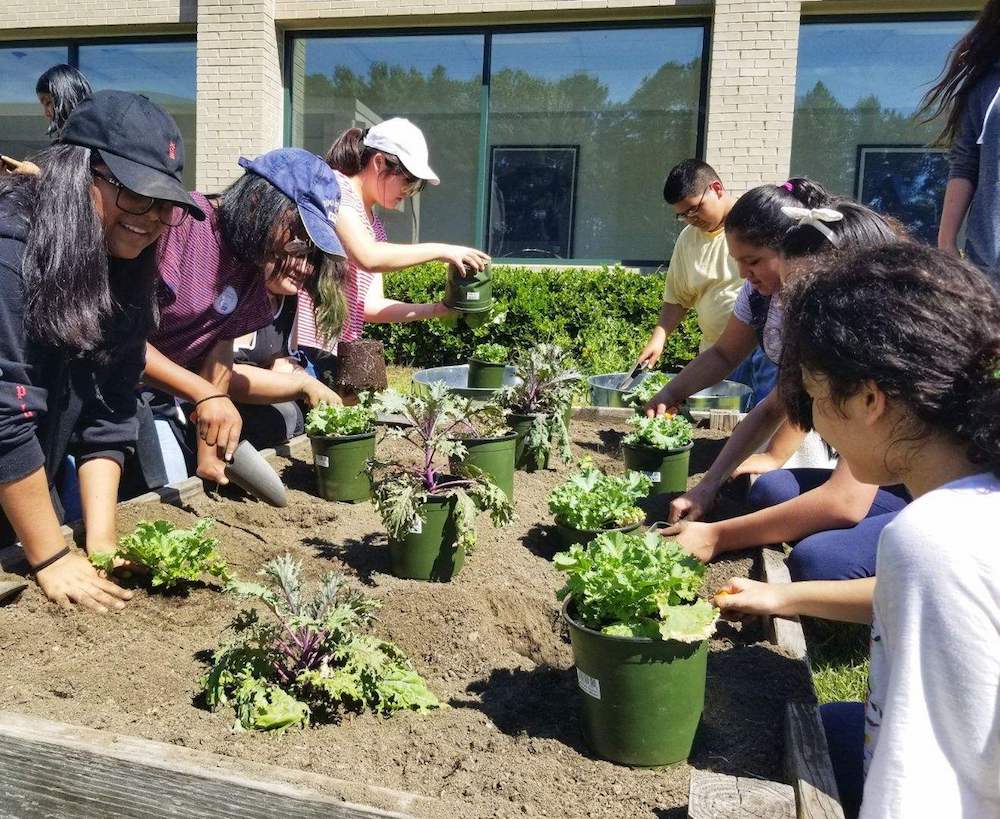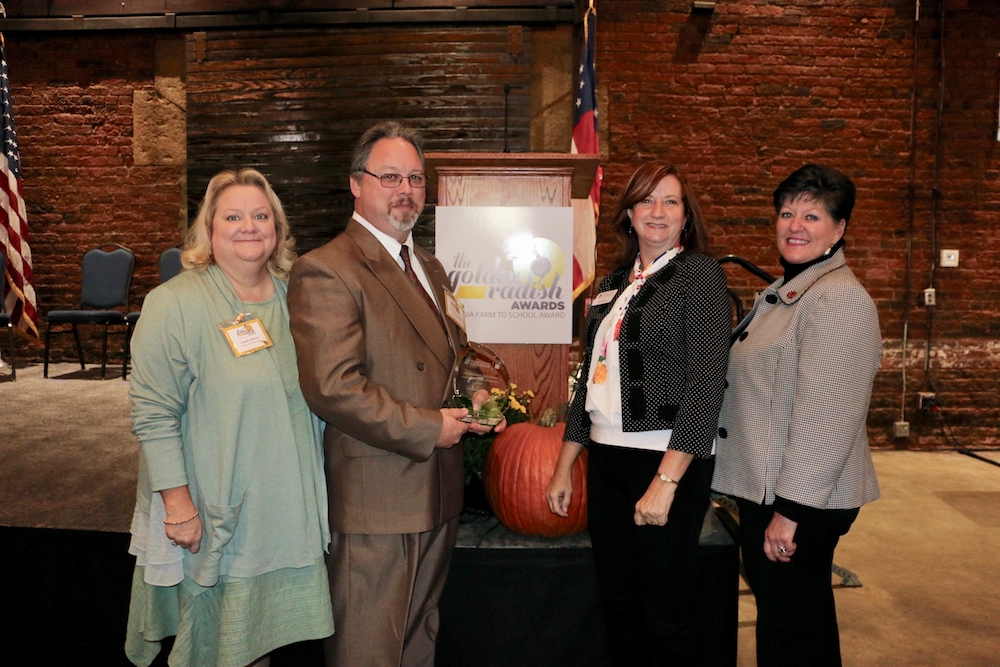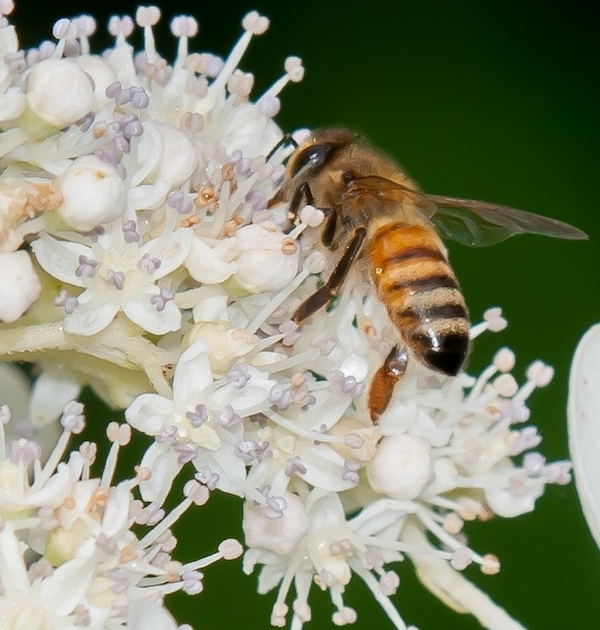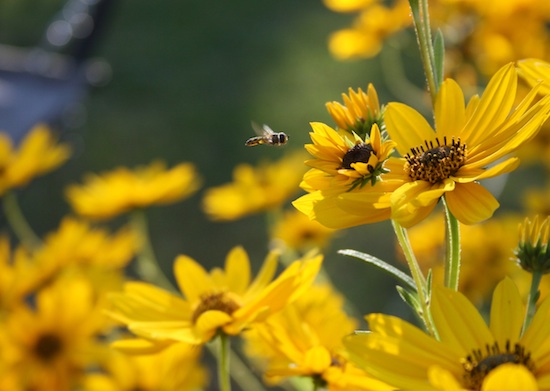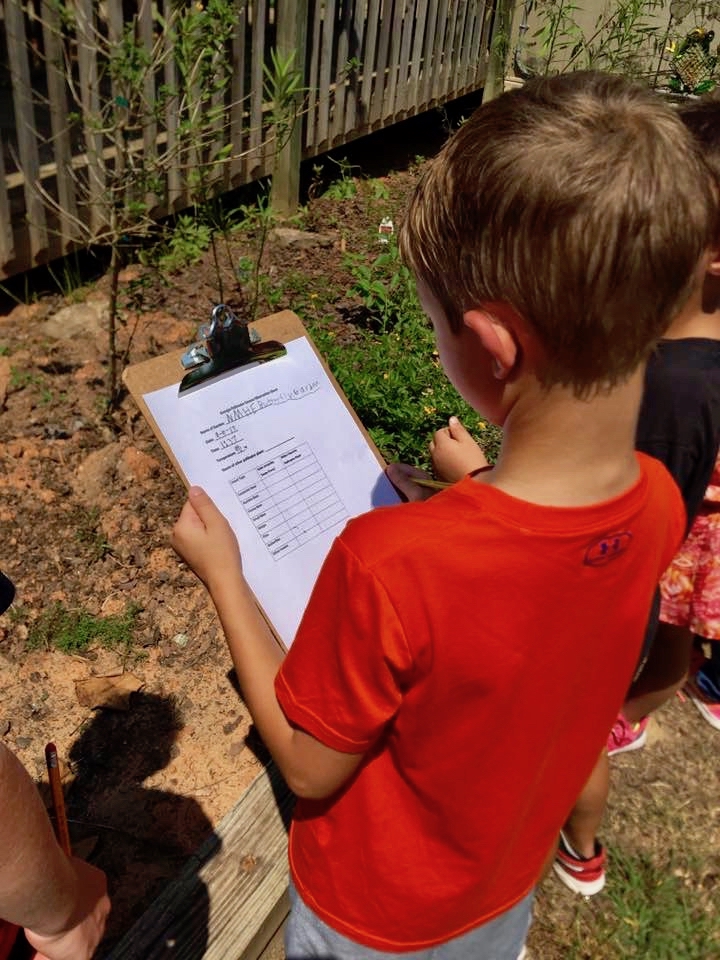 CAES News
CAES News
Pollinator Census
This August, more than 900 Georgians will make history by participating in the first citizen-powered census of pollinators in the United States.

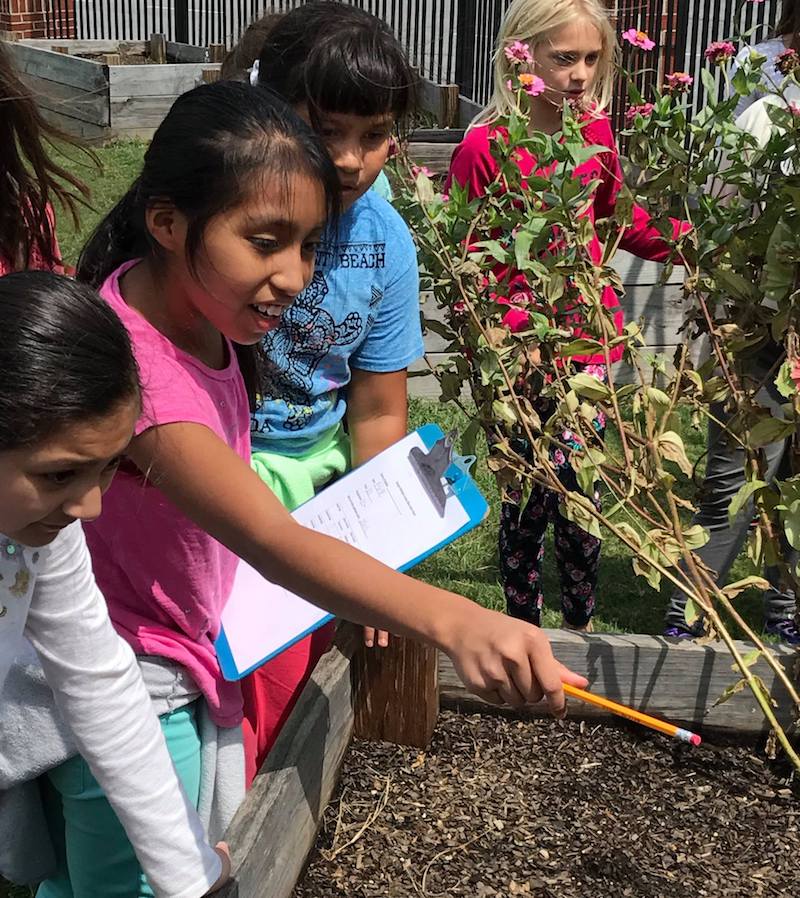
SMALL.jpg)
